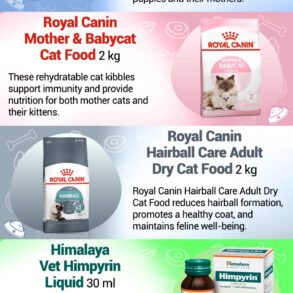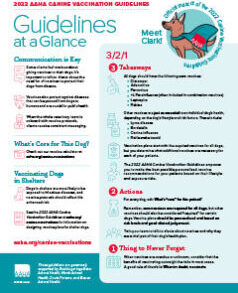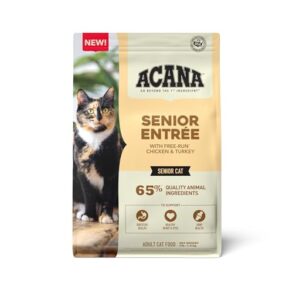Click to Skip Ahead
Whether you’re a health fanatic or someone looking to add excellent nutrition to your dog’s diet, you might be wondering about superfoods that are safe and healthy to introduce to your dog. While your dog’s main food should come from a nutritionally balanced formula that meets the Association of American Feed Control Officials (AAFCO) requirements, you can certainly offer some superfoods as treats or toppers for their main meal.
The amount you feed as a treat may not produce any magical changes for your dog, but that doesn’t make these foods any less healthy. If you’re after a specific benefit or nutrient, we recommend concentrated supplements or fortified dog foods to ensure your dog gets enough to make a difference. When only the best will do for your pup, consider swapping out the junk for a superfood on this list.

What Are Superfoods?
Superfoods contain nourishment that makes them above-average ingredients for dogs. They generally provide health benefits due to specific nutritional components. These foods are highly valued as ingredients in some dog foods and supplements.
While your dog shouldn’t be deficient in any nutrients if they are on suitable, good-quality food, adding superfoods into the diet can provide a health boost. For example, the antioxidants found in many of these foods support the immune system and help dogs fight free-radical damage. Fiber aids digestion and can help your dog recover from gastrointestinal illness. Omega-3 fatty acids are anti-inflammatory and provide a plethora of health benefits.
Disclaimer: While the foods on this list are safe and beneficial for most dogs, we recommend checking with your veterinarian before making any dietary changes. Your dog’s individual needs may make some foods on this list unsuitable for them. We recommend using whole foods and boiling to cook them when necessary.
Top 15 Superfoods For Dogs
1. Beets
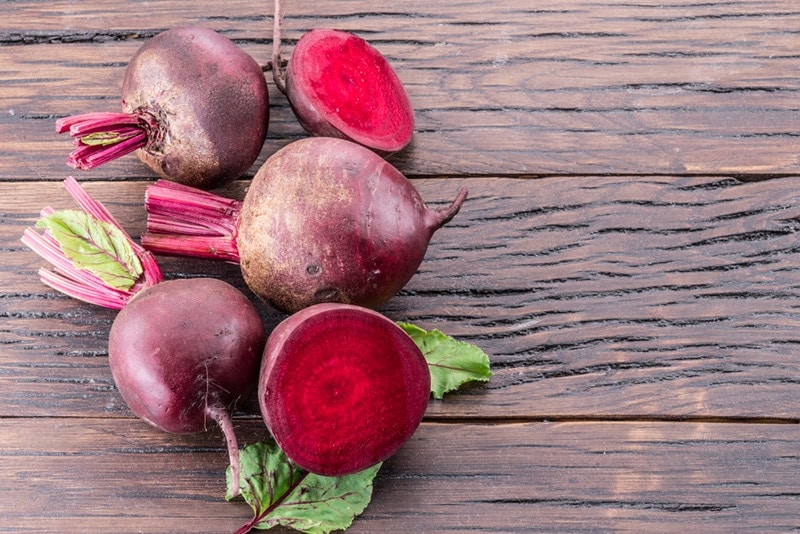




- Benefits: Prebiotic fiber, phytochemicals
Beets are a beneficial source of fiber. The type of fiber in beet pulp is used in many dog foods as it supports the growth of healthy gut bacteria and short-chain fatty acid production. This makes beet pulp a probiotic. Beets also provide beneficial antioxidants and phytochemicals.1
They are rich in vitamin C, folate, iron, potassium, and calcium. However, beets are acidic and can cause gastrointestinal upset in large amounts. Don’t be alarmed if you notice pink stools, urine, or skin after feeding beets, but monitor your dog for any signs of discomfort. One downside is that beets are high in oxalic acid, which can form urinary stones.
2. Bone Broth
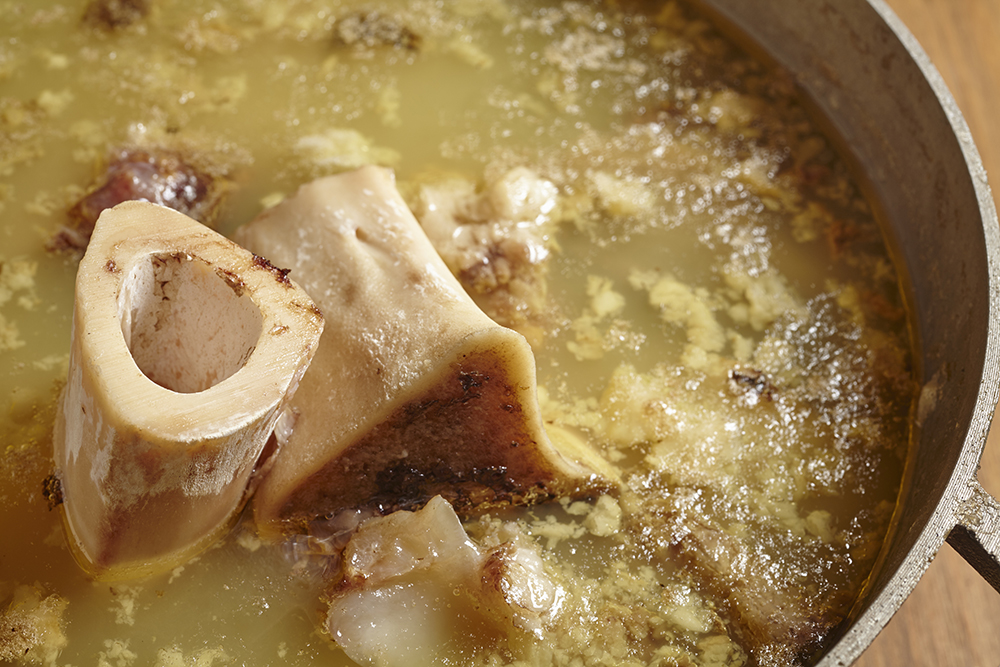

- Benefits: Protein, glucosamine, chondroitin
Bone broth is a liquid made from simmering bones and connective tissues. It contains amino acids, collagen, and minerals that are used to form healthy joints. The amino acid glutamine, found in bone broth, is thought to be gut-protecting, and other amino acids have anti-inflammatory properties.
You will also find glucosamine and chondroitin in bone broth, which help protect joints, while the electrolytes and water help keep your pet hydrated. Human formulas are often unsafe for dogs because of the onion and garlic in the recipes. Onion and garlic are toxic to dogs and cause vomiting, diarrhea, and anemia. You can purchase a dog-specific bone broth or make your own as a treat.
3. Blueberries
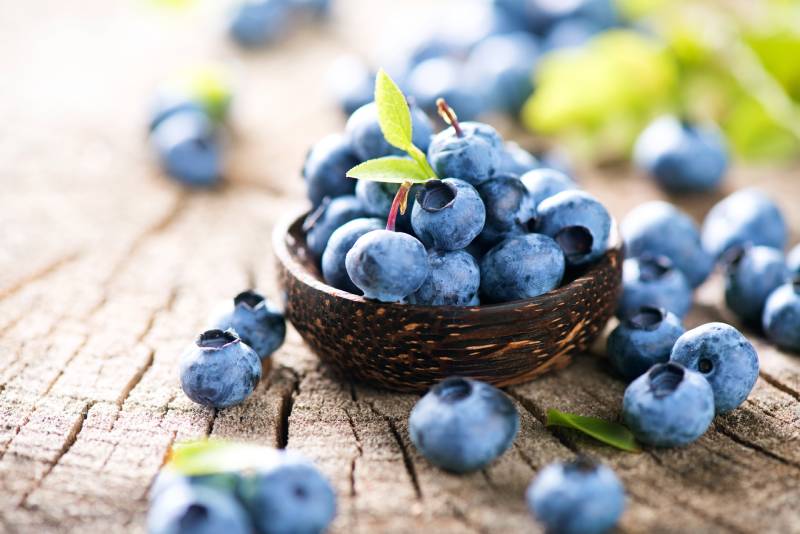

- Benefits: Antioxidants, phytochemicals
Blueberries provide one of the best sources of antioxidants. Antioxidants are substances that reduce free radicals, which can cause oxidative damage to cells. They may help protect your dog from cancer and keep the brain healthy.
Blueberries are infused with manganese, vitamin E, and vitamin C. They also contain special phytochemicals called anthocyanins, which, among other things, concentrate on the eyes and may improve eye health, as studies in rodents and people suggest. However, blueberries are sugary, so you don’t want to add too many to their diet.
4. Chia Seeds
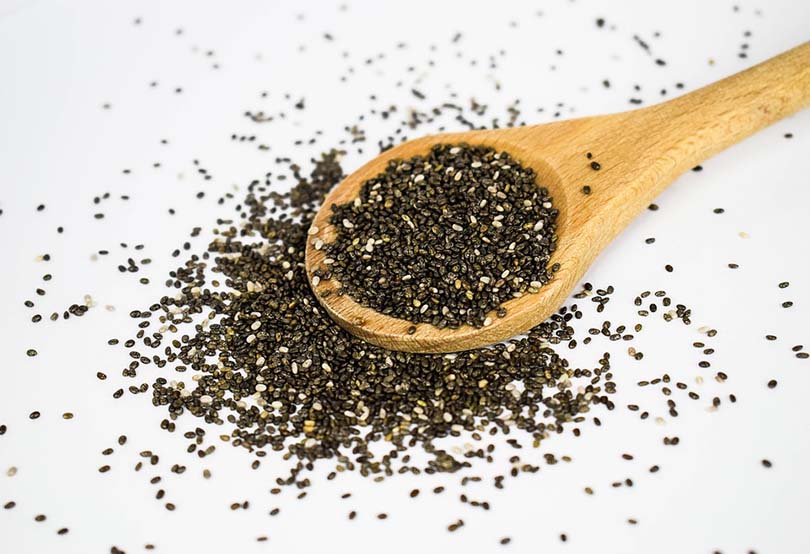

- Benefits: Antioxidants, polyphenols
Chia seeds provide protein, insoluble fiber, antioxidants, vitamins, and minerals that could help the immune system and promote healthy digestion. They are a plant source of omega-3 fatty acids, which exert anti-inflammatory effects and are particularly beneficial to the skin, joints, and gut. Chia seeds also contain polyphenols, which in people reduce the risk of Alzheimer’s disease and cancer.3 To feed them to your dog, soak them in water and add them as a food topper. Remember, these nutritious bites are high in calories and fat, so too much can lead to unhealthy weight gain.
5. Cranberries
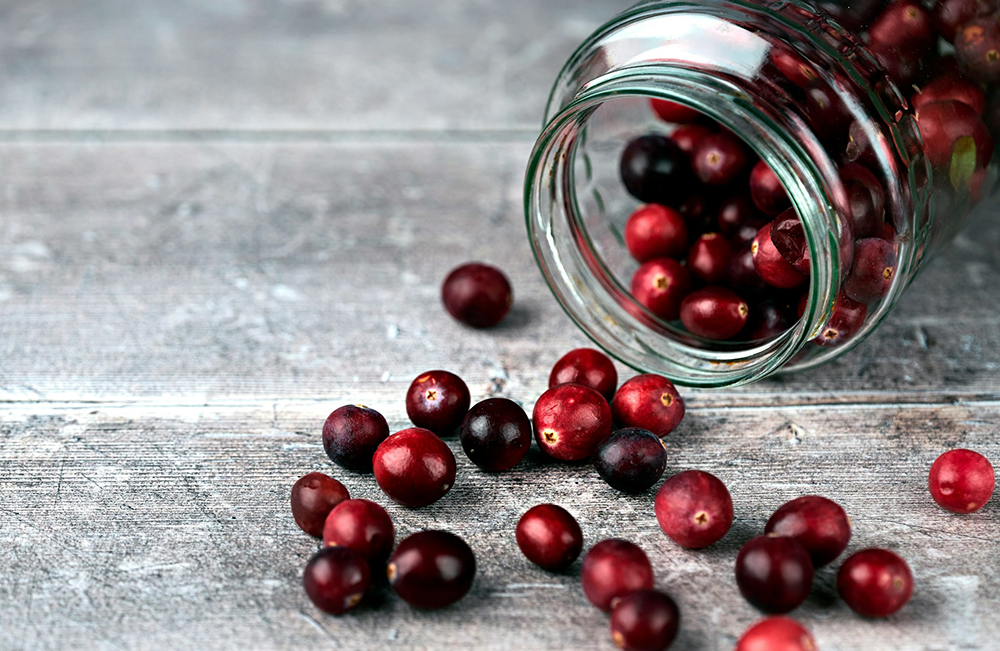

- Benefits: Antioxidants, phytochemicals
Cranberries have high levels of nutrients like vitamins C, E, K, B1, and B2. They are a good source of antioxidants and also provide benefits for your dog’s urinary health.4 You can find cranberries in supplements designed to prevent urinary tract infections in dogs.
Proanthocyanidins and anthocyanins are phytochemicals found in cranberries that provide human health benefits and possibly help your dog.5 Since they’re high in sugar and acidic, serving too many is unhealthy for your pup.
6. Eggs
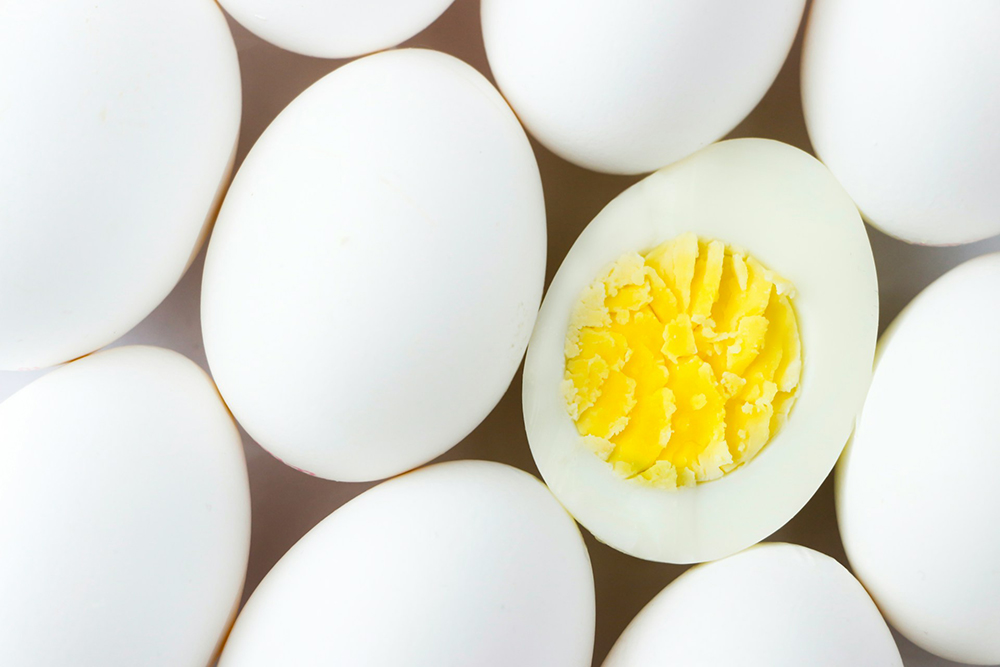

- Benefits: Vitamins and minerals, fatty acids
Eggs contain protein and are a good source of vitamins and minerals. The fatty acids in the egg yolk are used in cells, and anecdotally, many people note the benefits of eggs on the skin and coat.
Fourteen vitamins and 12 minerals are found in eggs!6 This, along with the protein, makes eggs one of the most nutritious foods. However, eggs can be contaminated with bacteria like Salmonella, so we recommend feeding them cooked.
7. Fish


- Benefits: Omega-3s
Oily, cold-water fish like anchovies, sardines, and salmon are a fantastic source of omega-3 fatty acids, which benefit your dog throughout their body. They provide anti-inflammatory effects that benefit the skin, coat, joints, and brain.
The omega-3s make these fish superfoods, but they also deliver protein in your dog’s diet, which helps them develop muscle. It’s best to serve cooked fish without bones to avoid any complications.
8. Kale
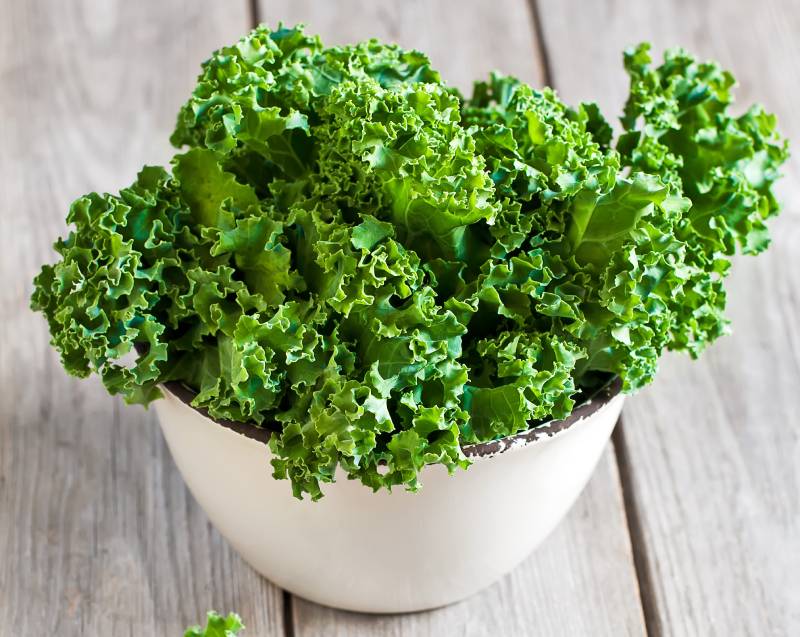

- Benefits: Antioxidants, minerals
Kale and other green leafy vegetables like Swiss chard and spinach are packed with vitamins and minerals to nourish your dog. They also contain natural pigments called carotenoids, which are nutritious and may have an antioxidant and anti-inflammatory effect that improves your pet’s health and could give your dog a level of cancer protection. One study noted that dogs that regularly consume green, leafy vegetables had a reduced risk of a specific type of bladder cancer.7 They are also thought to benefit liver health, possibly due to the antioxidants.8
9. Liver
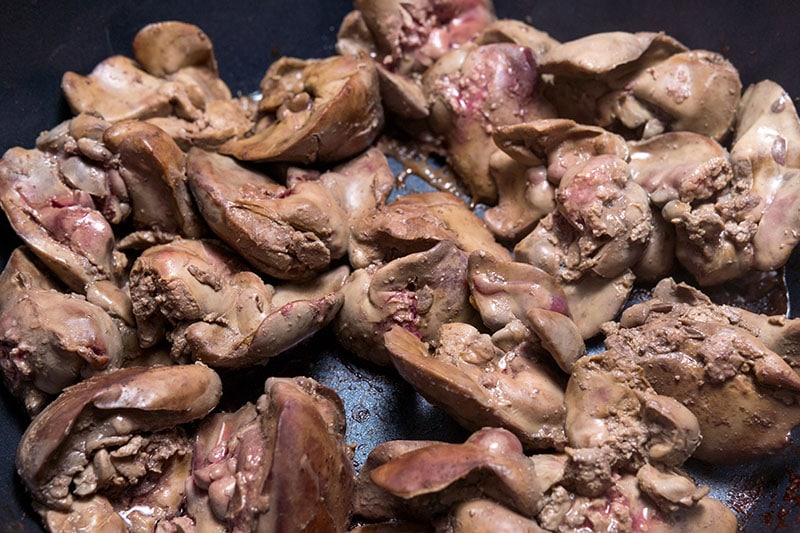

- Benefits: Vitamins and minerals
Organ meat is generally considered more nutritious than muscle meat, and liver is no exception. Beef liver contains heaps of vitamin A, B vitamins, and iron. It’s low in fat for dogs watching their weight but high in protein to help build muscles.
Most dogs find it delicious. You don’t want to feed liver too frequently or as more than a snack; due to the colossal amount of vitamin A, dogs can suffer from hypervitaminosis A from too much liver.
10. Pumpkin


- Benefits: Fiber, beta-carotene
Pumpkin is typically used to help dogs with gastrointestinal issues, as the soluble fiber content improves healthy digestion. This fiber bulks up and lubricates the stool, so you can see an improvement in diarrhea, constipation, and even anal gland problems.
It also delivers a massive dose of beta-carotene, which helps your dog’s immune system, eye health, skin, and coat. Calcium, iron, and vitamins are also found in pumpkin. Dogs will find cooked pumpkin more digestible, and, like any food, too much can lead to an upset stomach.
11. Psyllium Husk
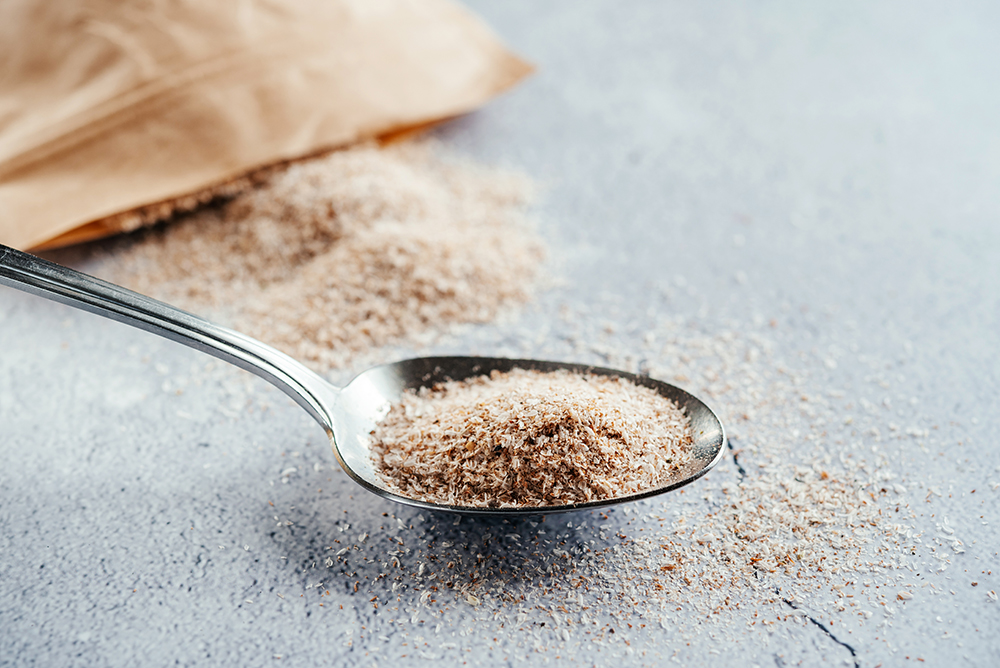

- Benefits: Fiber
Psyllium husk is a fantastic source of soluble fiber made from the psyllium plant’s seeds (Plantago spp.). This fiber improves stool quality by lubricating and bulking up the feces. It is often used in dogs to help with constipation and gastroenteritis.
Healthy and large stools can also help dogs empty their anal glands normally, so psyllium husk is often supplemented to help dogs with chronic anal gland issues.
12. Seaweed
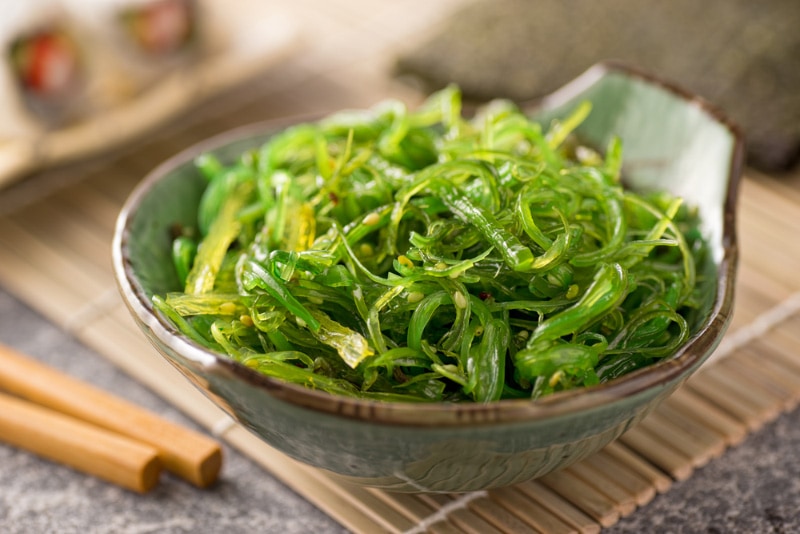

- Benefits: Antioxidants, vitamins and minerals
Seaweed is classified as a marine plant and includes algae and kelp. Most seaweed is rich in iodine, which is needed to produce thyroid hormones. It is naturally rich in antioxidants, vitamins, and minerals, making it very healthy for your dog. Other specific health benefits vary depending on the species of seaweed. Ascophyllum nodosum is a type of seaweed that prevents plaque and tartar accumulation in dogs and can be purchased as a food topper.
13. Shiitake Mushrooms
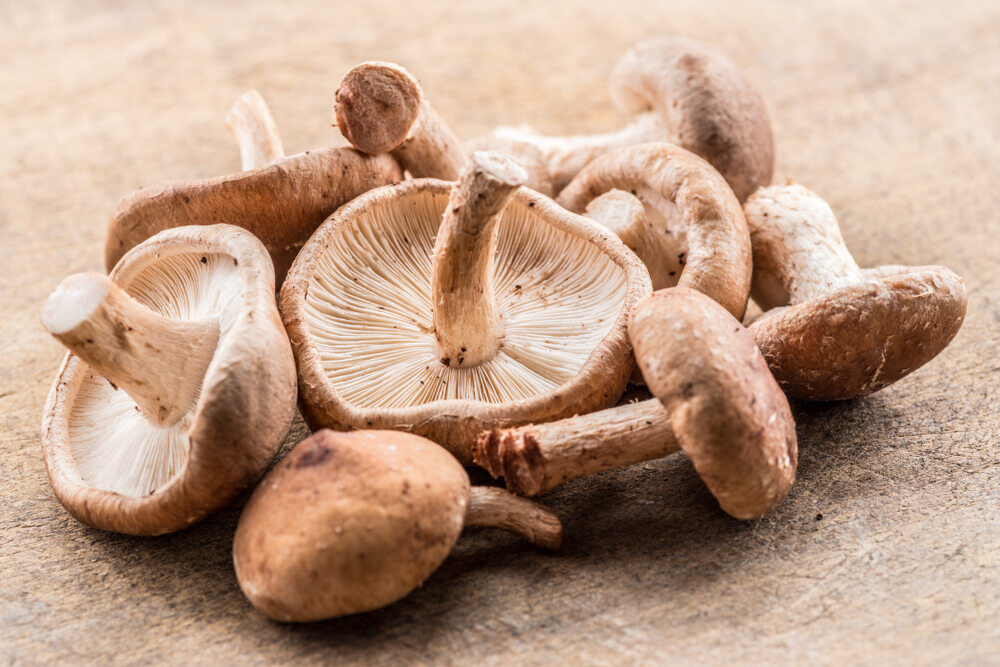

- Benefits: Lentinans
You may have thought mushrooms are toxic to dogs. While many species are, shiitake mushrooms are safe for dogs. You should ensure they are store-bought and from a reliable source to ensure you are feeding the correct species (Lentinula edodes).
The mushrooms’ powerful effects come from the lentinans that boost the immune system and have been shown to have anticancer effects in humans. They are also healthy, low-calorie, tasty snacks rich in vitamins and minerals.
14. Turmeric
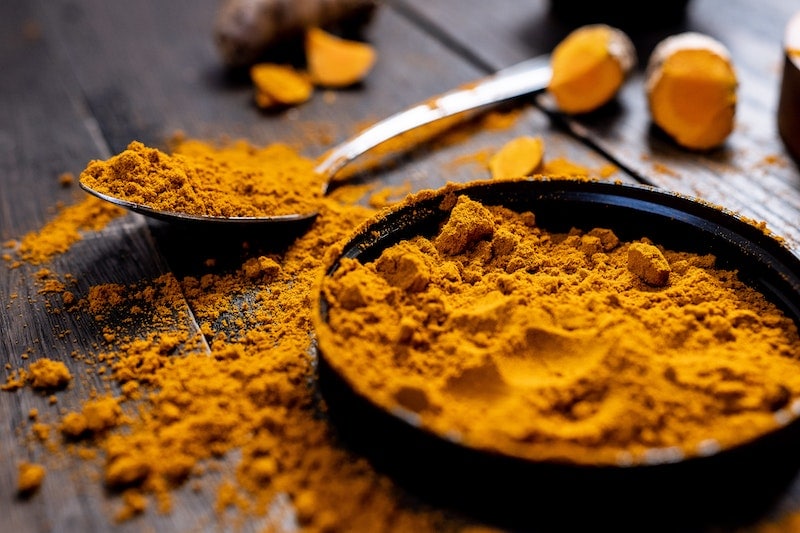

- Benefits: Curcumin
Turmeric is a yellow spice with strong, anti-inflammatory components that make it a common ingredient in diets aiming to help dogs with skin inflammation or arthritis. Curcumin is the active ingredient that makes turmeric a superfood.
To be absorbed by your dog, it should be given as a pre-prepared supplement or dog food, or it can be mixed with healthy fats. Depending on their size, your dog can have ¼ to ¾ of a teaspoon a day, but you should monitor for any side effects like gastrointestinal upset or scratching.
15. Yogurt
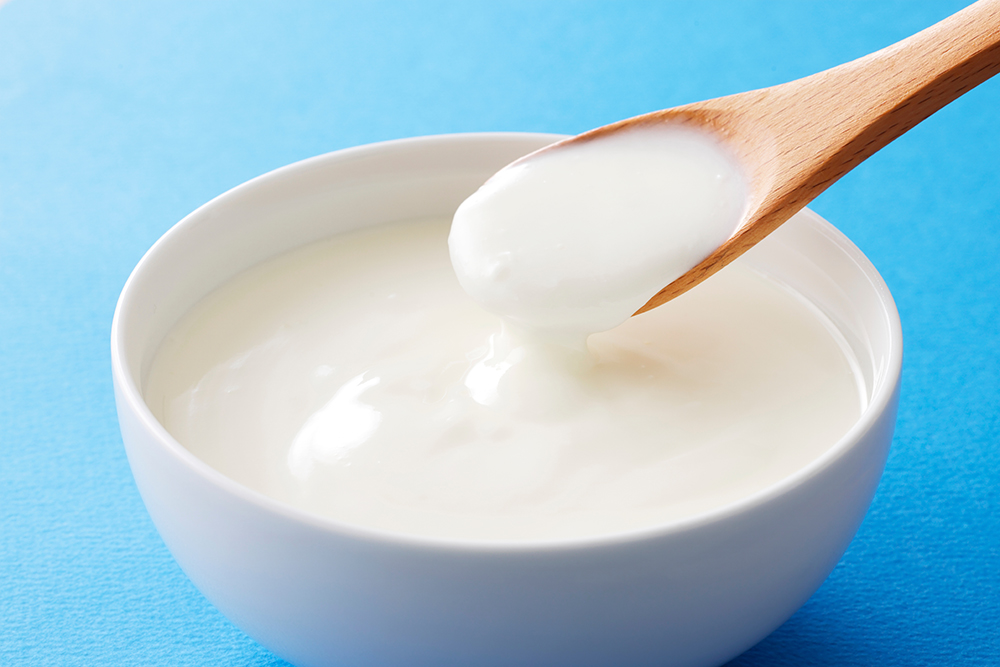

- Benefits: Good bacteria
Not every dog will benefit from yogurt in the diet since many dogs are lactose intolerant and very sensitive to dairy. However, Greek yogurt is lower in lactose than milk, and many dogs can cope with the amount of lactose.
Yogurt can provide your dog with good bacteria for gut health. The nutrient profile is good, with calcium, potassium, vitamin A, and protein, but stick to low-fat, unsweetened plain Greek yogurt. Regular yogurt is too fattening and sometimes includes toxic ingredients like grapes or xylitol.



Conclusion
We love our dogs, and providing a long, happy life is always the goal. A great diet plays an integral part in keeping our best friends healthy. Most of your dog’s nutrition comes from their regular meals so your first step should be to ensure they eat a nutritionally balanced, quality diet. If you’re set on superfoods, Nutro Ultra diets provide formulas that contain 14 superfoods!
You can also add treats and tidbits that provide stellar nutrition, like those on this list, rather than feeding snacks loaded with carbs and preservatives. This sets your dog up for excellent health from the inside out.
Featured Image Credit: Przemek Iciak, Shutterstock
This post was originally published on this site be sure to check out more of their content.












